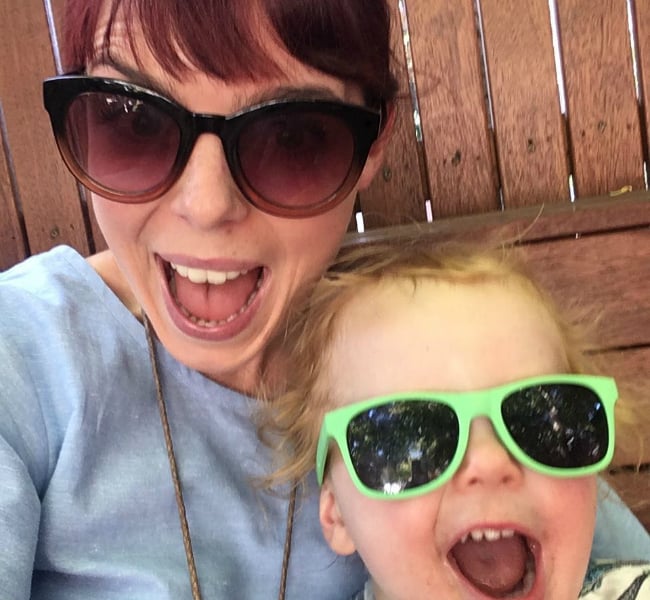

When I first found out I was pregnant, I was very quickly bombarded with information from all sides. Do this, don’t do that, read all the books! Talk about information overload.
I just wanted advice from people I could really trust, to make sure I was doing the right thing by my unborn baby. Sound familiar? Well, you can exhale and put your mind at ease, because the information is out there and you don’t have to dig too deep for it – or worry yourself sick.
One of the areas that I found assurance in is researching exactly how as a first-time parent I’m meant to tackle child vaccinations, from pre-birth to post-birth.
I spoke to paediatrician Dr Lucy Deng, from the National Centre for Immunisation Research & Surveillance, who helped me better understand what all expectant and new parents need to know when it comes to vaccinations in those precious early days.
1. Vaccinations need to be talked about during pregnancy planning.
Rather than waiting until you’re pregnant, it’s actually crucial to discuss vaccinations with your GP when you’re planning a pregnancy, Deng tells Mamamia.
By doing so, Deng says that “both mother and baby can be best protected against vaccine-preventable diseases. Infections such as measles, rubella and chicken pox (varicella) can affect the unborn baby during pregnancy. While there are vaccinations for these diseases, they should be given before pregnancy.”






























































































